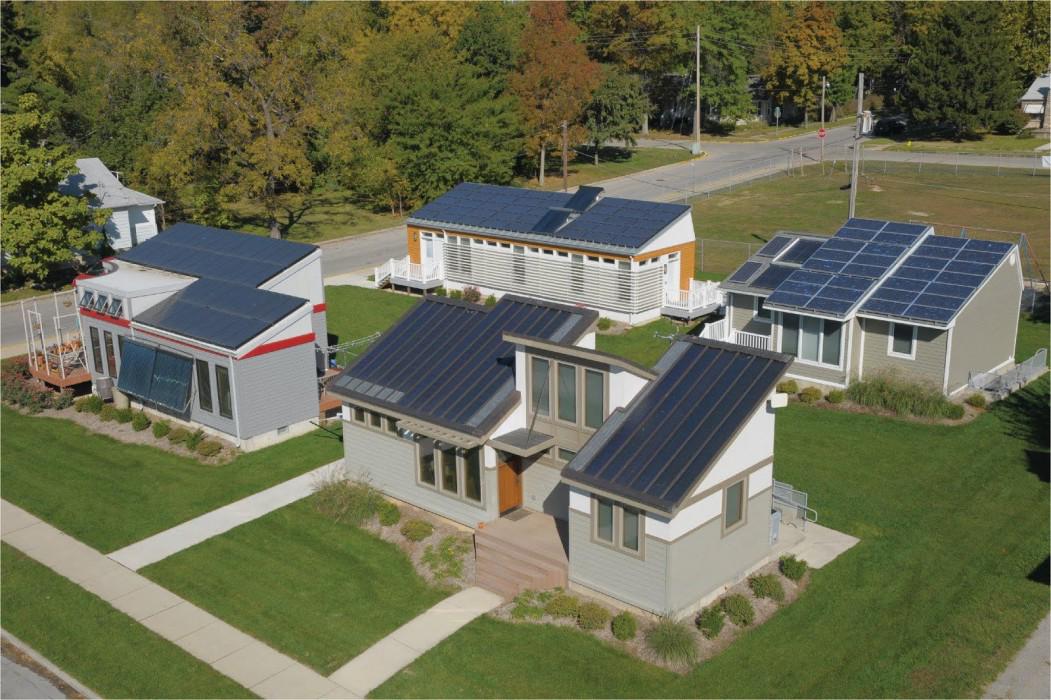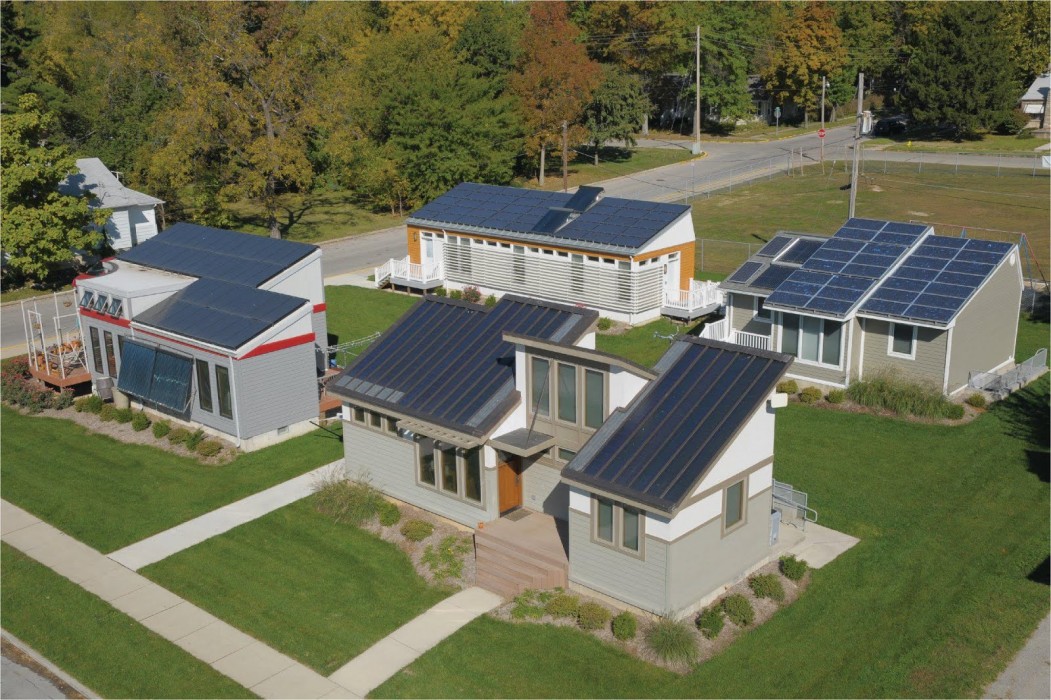A revolutionary mini-grid trial by AusNet Services, a Victorian network operator has swept a section of a Melbourne street off grid for nearly 22 hours. In a project update post, AusNet claimed its mini-grid which features 17 households living along a suburban street in Mooroolbark was “seamlessly” separated from the main grid for 21 hours, with the households being powered solely by a range of solar and battery storage systems mounted on 14 of the homes.
This is the latest achievement for the AusNet Mooroolbark Mini Grid Trial project, which aims at proving that utilities can actually harness concentrated pockets of distributed energy generation in a bit to boost the grid’s performance while delivering exactly what consumers need–reliable, affordable and sustainable power supply.
Last December, the utility sustained the 17-home mini-grid for 9 hours nonstop, which was an improvement on its initial experiment done in May 2017, and which successfully disconnected eight homes from the grid—two without solar and storage battery; before seamlessly reconnecting them.
The trial is centered on a program referred to by AusNet as DENOP– a Distributed Energy Network Optimisation Platform, a cloud-based application layer which works in conjunction with another platform successfully coordinate the mini-grid’s distributed solar and storage resource activities.
Solar battery prices
While addressing the ABB Customer World forum in Melbourne last Thursday, Alistair Parker of AusNet said the idea was part of a “plethora” of technologies and advanced grid-based solutions bound to deliver a National Electricity Network of 50 percent renewables. This is further proof that the falling solar battery prices will drive more solar storage installations and the technology will become more affordable than relying solely on grid power.
“We have a really proven ability there to handle the technical aspects of stability in a mini-grid,” he said. “We’re also starting to play around with whether that can feed, for want of a better term, synthetic inertia, back into the system, and help with wider stability.”
More importantly, Parker added that the Mooroolbark trial provided invaluable basis for easy engagement with customers and the community at large, to fix their energy problems.
“We switched (the mini-grid) off from the grid, seamlessly, and we saw how long it would run for,” said Parker, who is executive general manager of regulated energy services at the network.
“We had a bit of a book within the company, some bets on how long it would go,” Parker told the conference.
“We were hoping for 24 hours, we only go to 21 hours because, unfortunately, somebody came back from work to a very hot house, switched the air-con on, and that sort of ran through a bit more energy than were hoping.
“But I think that’s the reality, that these things have to fit in around people’s lives, not to make everybody into an energy expert,” he stated.
“We can envisage a future where distribution networks actually help support the transmission network and support their own needs.”



